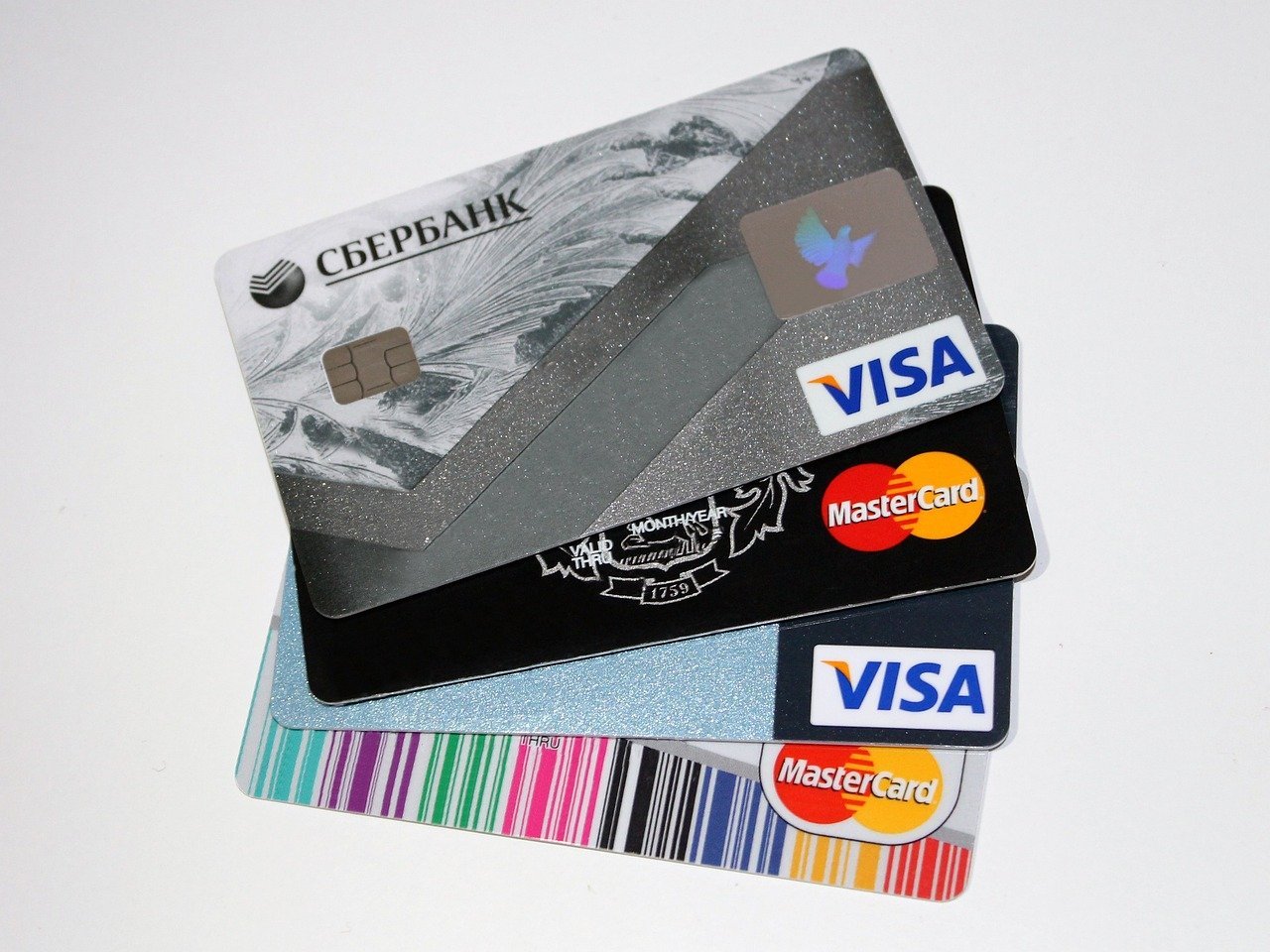A good credit score is essential for financial health, affecting everything from loan approvals to interest rates. Using your credit card wisely is a powerful way to build and improve your credit score. Here’s a guide to help you leverage your credit card to boost your credit rating effectively.
1. Make Payments On Time
Why It Matters: Payment history is one of the most significant factors influencing your credit score. Late payments can have a substantial negative impact.
How to Do It:
- Set Up Automatic Payments: Automate your minimum payments to ensure they are always on time.
- Use Reminders: Set up reminders or calendar alerts to notify you of payment due dates.
- Pay Early: Whenever possible, make your payments a few days before the due date to avoid any potential delays.
2. Keep Your Credit Utilization Low
Why It Matters: Credit utilization, or the ratio of your credit card balances to your credit limits, affects your credit score. High credit utilization can signal to lenders that you’re over-relying on credit.
How to Do It:
- Monitor Your Spending: Keep track of your credit card balances and ensure they stay well below your credit limits.
- Pay Down Balances: Aim to pay off your balances in full each month to maintain a low utilization rate.
- Request a Credit Limit Increase: If you need to spend more on your credit card, request a higher credit limit to improve your utilization ratio.
3. Maintain a Long Credit History
Why It Matters: A longer credit history demonstrates your experience with managing credit, which can positively impact your credit score.
How to Do It:
- Keep Old Accounts Open: Maintain older credit card accounts, even if you don’t use them frequently. Closing old accounts can shorten your credit history and potentially lower your score.
- Avoid Opening Too Many New Accounts: Opening multiple new credit accounts in a short period can negatively impact your credit score.
4. Use Your Credit Card Regularly
Why It Matters: Regular use of your credit card and paying off the balance shows lenders that you can manage credit responsibly.
How to Do It:
- Make Small Purchases: Use your credit card for regular purchases, such as groceries or utility bills, and pay off the balance each month.
- Set Up Recurring Payments: Use your credit card for recurring payments like subscriptions or memberships to keep activity on the account.
5. Review Your Credit Reports Regularly
Why It Matters: Regularly reviewing your credit reports helps you identify errors or inaccuracies that could negatively impact your credit score.
How to Do It:
- Request Free Reports: Obtain free credit reports from the major credit bureaus (Equifax, Experian, and TransUnion) at least once a year.
- Check for Errors: Review your reports for any inaccuracies or fraudulent activity. Dispute any errors with the credit bureau to have them corrected.
6. Avoid Overusing Your Credit Card
Why It Matters: Overusing your credit card can lead to high balances and potential difficulty in managing payments, which can negatively affect your credit score.
How to Do It:
- Stick to a Budget: Create and adhere to a budget to manage your spending and avoid accumulating high credit card balances.
- Limit High Balances: Avoid maxing out your credit card or carrying high balances that can impact your credit utilization rate.
7. Handle Credit Card Debt Wisely
Why It Matters: How you manage existing credit card debt affects your credit score and overall financial health.
How to Do It:
- Pay More Than the Minimum: Whenever possible, pay more than the minimum required payment to reduce your balance faster and save on interest.
- Consider Balance Transfers: If you have high-interest debt, a balance transfer to a card with a lower interest rate or 0% introductory APR can help you pay off debt more efficiently.
8. Be Strategic About Credit Inquiries
Why It Matters: Frequent credit inquiries can lower your credit score. Soft inquiries don’t affect your score, but hard inquiries (such as applying for new credit) can.
How to Do It:
- Limit Hard Inquiries: Avoid applying for multiple credit cards or loans in a short period to prevent multiple hard inquiries.
- Check Your Score Before Applying: Before applying for new credit, check your credit score to ensure you meet the requirements and minimize the risk of rejection.
Final Thoughts
Building and improving your credit score with a credit card involves more than just using it regularly. By making timely payments, managing credit utilization, maintaining a long credit history, and handling your credit responsibly, you can positively impact your credit score and set yourself up for future financial success. Regular monitoring and strategic management of your credit card use will contribute to a healthy credit profile and greater financial opportunities.
